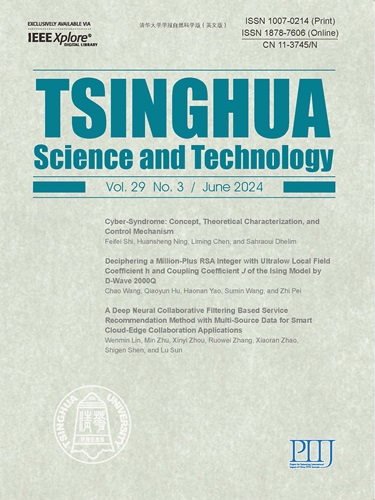基于强化学习的少数派博弈资源优化配置关键机制研究
IF 6.6
1区 计算机科学
Q1 Multidisciplinary
引用次数: 0
摘要
在为有限资源而竞争的自利个体之间,协调一致的宏观行为的出现代表了理解市场机制和集体行为的核心问题。传统经济学通过数学和理论的视角来解决这一挑战,假设个人是完全理性的,市场倾向于通过价格机制稳定下来。我们的论文从经济物理学的角度解决了这个问题,使用强化学习来构建一个以少数博弈为模型的多智能体系统。我们的研究从集体和个人的角度进行了比较分析,肯定了奖励反馈和个人记忆在解决上述挑战中的关键作用。奖励反馈是集体行为进化的指导力量,推动集体行为朝着奖励整体增加的方向发展。个体通过积累的学习,从自己的奖励中获得洞察力,获得关于集体状态的信息,并相应地调整自己的行为。在此基础上,我们运用信息论给出了集体行为演化的形式化方程。我们的研究补充了关于自由市场机制的现有结论,并在微观层面上揭示了个人行为与集体行为同步的动态演变。本文章由计算机程序翻译,如有差异,请以英文原文为准。
Key Mechanisms on Resource Optimization Allocation in Minority Game Based on Reinforcement Learning
The emergence of coordinated and consistent macro behavior among self-interested individuals competing for limited resources represents a central inquiry in comprehending market mechanisms and collective behavior. Traditional economics tackles this challenge through a mathematical and theoretical lens, assuming individuals are entirely rational and markets tend to stabilize through the price mechanism. Our paper addresses this issue from an econophysics standpoint, employing reinforcement learning to construct a multi-agent system modeled on minority games. Our study has undertaken a comparative analysis from both collective and individual perspectives, affirming the pivotal roles of reward feedback and individual memory in addressing the aforementioned challenge. Reward feedback serves as the guiding force for the evolution of collective behavior, propelling it towards an overall increase in rewards. Individuals, drawing insights from their own rewards through accumulated learning, gain information about the collective state and adjust their behavior accordingly. Furthermore, we apply information theory to present a formalized equation for the evolution of collective behavior. Our research supplements existing conclusions regarding the mechanisms of a free market and, at a micro level, unveils the dynamic evolution of individual behavior in synchronization with the collective.
求助全文
通过发布文献求助,成功后即可免费获取论文全文。
去求助
来源期刊

Tsinghua Science and Technology
COMPUTER SCIENCE, INFORMATION SYSTEMSCOMPU-COMPUTER SCIENCE, SOFTWARE ENGINEERING
CiteScore
10.20
自引率
10.60%
发文量
2340
期刊介绍:
Tsinghua Science and Technology (Tsinghua Sci Technol) started publication in 1996. It is an international academic journal sponsored by Tsinghua University and is published bimonthly. This journal aims at presenting the up-to-date scientific achievements in computer science, electronic engineering, and other IT fields. Contributions all over the world are welcome.
 求助内容:
求助内容: 应助结果提醒方式:
应助结果提醒方式:


